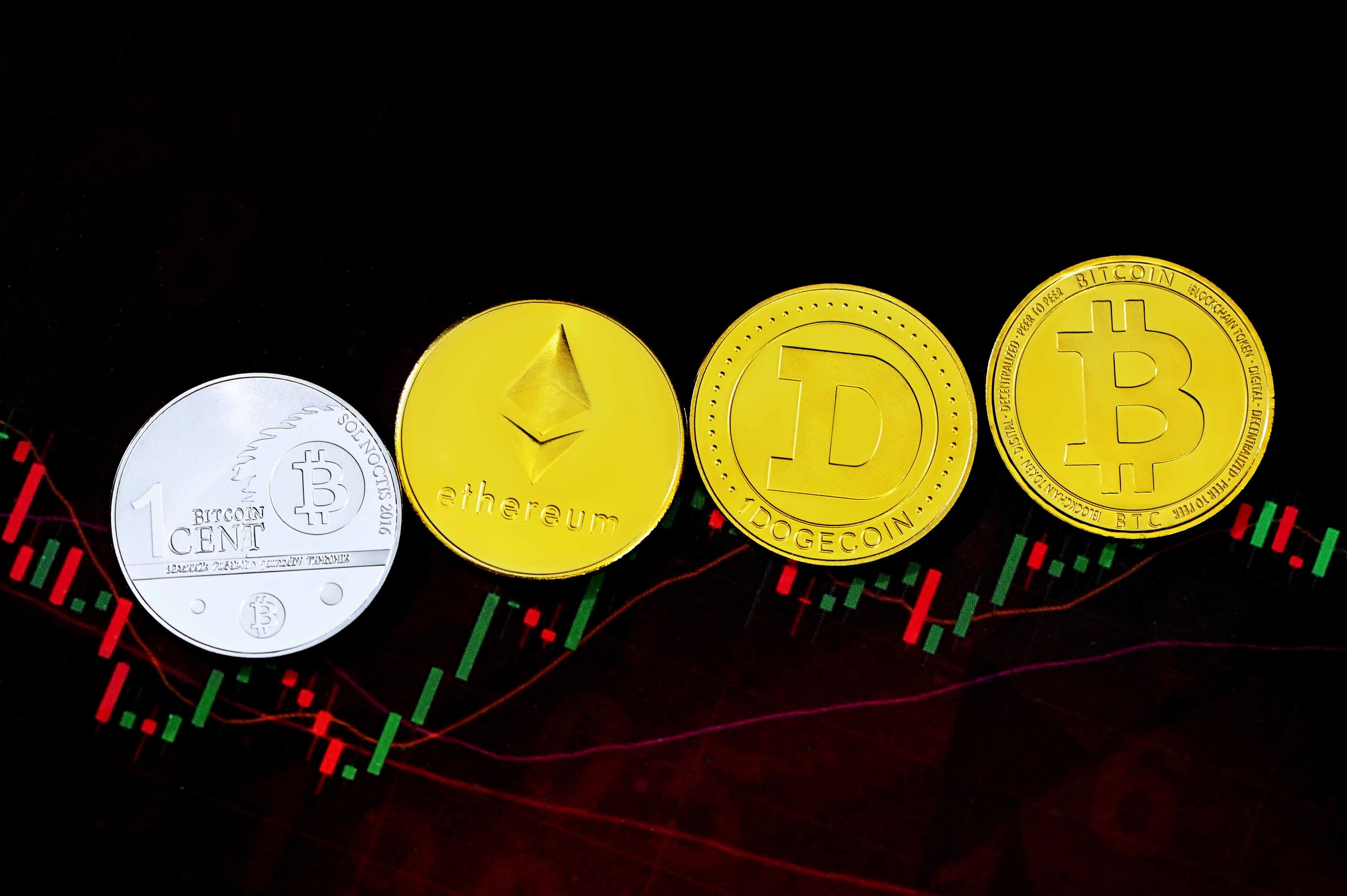Crypto Casinos: A Change in the Landscape
Our human and technical landscape is in a constant state of flux. Ideas that are generated by the human brain and increasingly through artificial intelligence, revolve, metamorphose, and adapt. In the mist of this dynamic landscape is the ever-changing world of cryptocurrencies. Cryptocurrency and blockchain technologies are developing at an incredible speed. Every day, more and more options for their practical application emerge onto this changing landscape.
Cryptocurrencies, which include Bitcoin, Ethereum, Tezos, and Litecoin, “only exist digitally” and use a “decentralized system to record transactions and manage the issuance of new units”. Since their emergence in 2009, they’ve been a boon to entrepreneurs, investors, and small business owners, facilitating more streamlined, secure, and flexible transactions. According to Fundera, more than 2,300 US businesses, including Paypal, Sotherbys and Starbucks accept bitcoin. Some of the most reputable charities in the world including the Salvation Army and Save the Children encourage donations in bitcoin and other cryptocurrencies, in the firm belief that crypto can be a force for good.
In the same way, one of the most important industries this innovative technology has penetrated is gaming. Creative and new opportunities harnessing this agile space have led various companies in the estimated $1bn esports industry to sign lucrative deals with crypto-focused platforms like Bybit and Crypto.com. There are a number of inventive and forward-thinking businesses, such as Roobet, that have worked to create new and accessible online crypto gambling spaces. They’re called Crypto Casinos.
Based solely online, these spaces allow members to privately play for entertainment. Everything is transacted seamlessly using cryptocurrencies, which is one of the reasons why people like myself see these as an extension or evolution of physical casinos. The use of cryptocurrency and blockchain technology allows users to see that games are safe and fair. Cryptocurrency transactions are registered within the framework of blockchain technology, increasing the levels of trust in operators and there is less room for foul play.
Now players, like the OASIS gamers in Steven Spielberg’s futuristic blockbuster Ready Player One, can beam themselves into a virtual chamber from the safety and comfort of their homes. Crypto casinos can also be seen as another step towards the metaverse – a fascinating but somewhat nebulous destination that has widely been described as the future of the internet.
Of course, everyone doesn’t think this way. Radical change – in any context – is hardly (if ever) embraced by those who are invested in the status quo. Accordingly, crypto casinos, much like cryptocurrencies, have mostly been criticised for pushing the envelope too quickly. Indeed, there’s a tendency for some to portray all crypto innovators as daredevils flying too close to the sun. The reality, I would suggest though, is quite the opposite. Everything on this crypto geared landscape is in flux and it’s in our interest to experiment, explore – and in doing so – advance.

